Twenty Ways You Can Prepare Anywhere Part 2
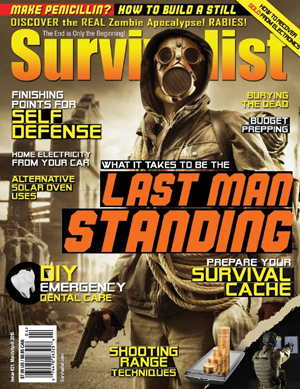
11 - Build a Back to Basics Library:
Dedicate plenty of space on your bookshelf to traditional skills, gardening, the care and keeping of your animals, and other homesteading topics. In a long-term crunch, you will want those reference materials to help you get a leg up in your new life.
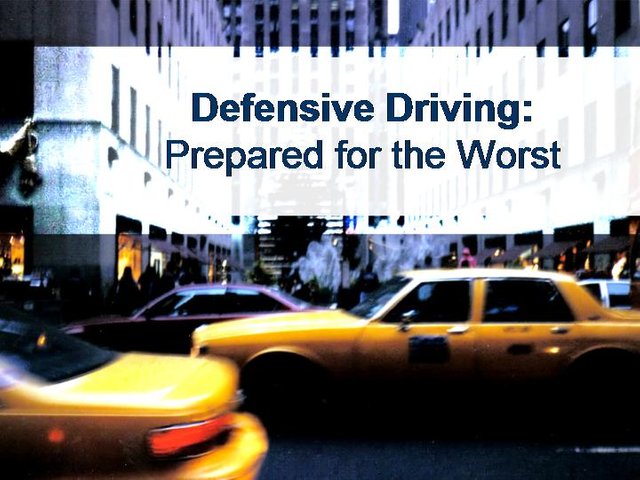
12 - Take a Defensive Driving Class:
Not only could this help you safely navigate the roads full of texting drivers, it could earn you a discount on your car insurance. Check with your insurance agent for the details.

13 - Network:
No matter where you live, community matters, and having a good network of folks you can rely on in an emergency is vital to survival. Knowing your neighbors does make things easier in natural disasters, so while OPSEC and PERSEC are important, do not let yourself become a complete hermit. Some places you can meet like-minded people are: church functions; feed stores; sportsmen’s clubs and shooting ranges; folk schools; barter fairs; heritage festivals; garden shops; skill-share and do-it-yourself (DIY) fests; crafting clubs and shops; and of course, your neighborhood!
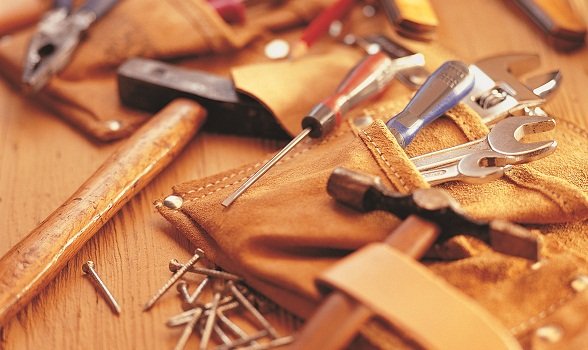
14 - Bring Back the Heritage Arts:
Being able to program a computer is wonderful in today’s society, but so are hobbies that translate into ways to feed, house, and clothe your family. Give some of the following a try and stick with what appeals to you most - yet again, you will have something to trade as well.
Wood carving
Sewing
Quilting
Spinning
Knitting
Crochet
Weaving
Basketry
Hide tanning
Leatherwork
Furniture making
Carpentry
Candle making
Soap making
Cheese making
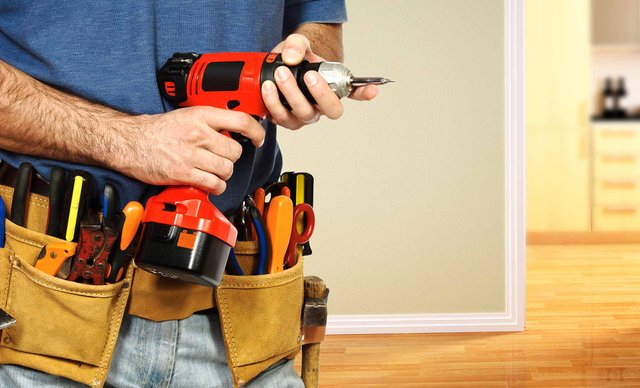
15 - Become the Maintenance Crew:
Living in a rental can be convenient because we just call the landlord for help and “Maintenance” heads over to fix whatever ails our house. Do not just walk away when they show up though! Ask if it’s okay for you to stick around and watch what they do so you can learn about how to fix or prevent the problem(s). Do some research about the things that are likely to break around your homestead, from bicycles to generators to furnaces to the plumbing, and find out how to fix them yourself.

16 - Prepare to Homeschool:
Even if your children are in a great school district, natural disasters can happen that prevent school attendance for days, or even weeks on end. Make sure you’re in the loop on what the kids are studying if they aren’t homeschooled - that way a week-long blizzard doesn’t turn into a loss of lessons. Having good literature and math resources goes a long way if you are concerned about loss of schooling in a major TEOTWAWKI event. Be ready to play teacher and keep those kids learning.
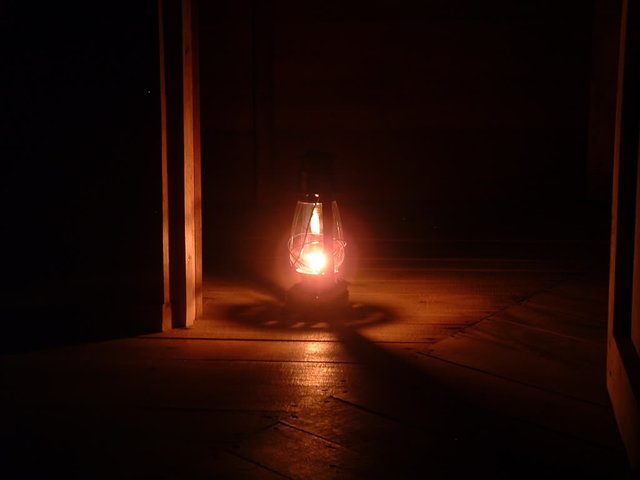
17 - Invest in “Prepper Décor:”
Oil lamps on the sideboard and a grain mill on the Hoosier cabinet make for a lovely country chic home that is also prepared for power outages. Furniture that has storage space in it is great for tucking away smaller emergency necessities. Heavy lined drapes will help insulate your home from cold and heat, but they’ll also help with light discipline if you don’t want others to know you’ve got light during an outage.
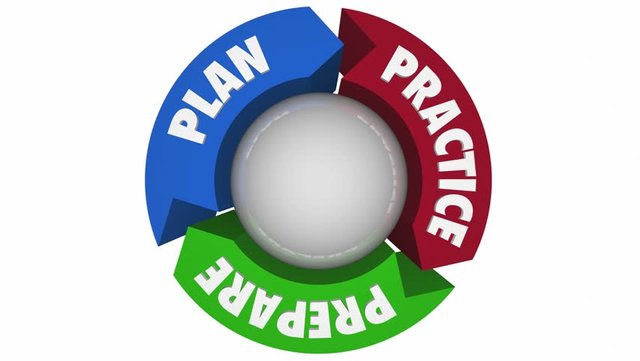
18 - Make Plans and Practice Them:
It is vital to plan for disasters and to practice all of the plans. Make sure everyone in your home or office participates in fire drills, tornado drills, and earthquake/tsunami drills. Make the time to join community drills so you understand what first responders need you to do in your area.
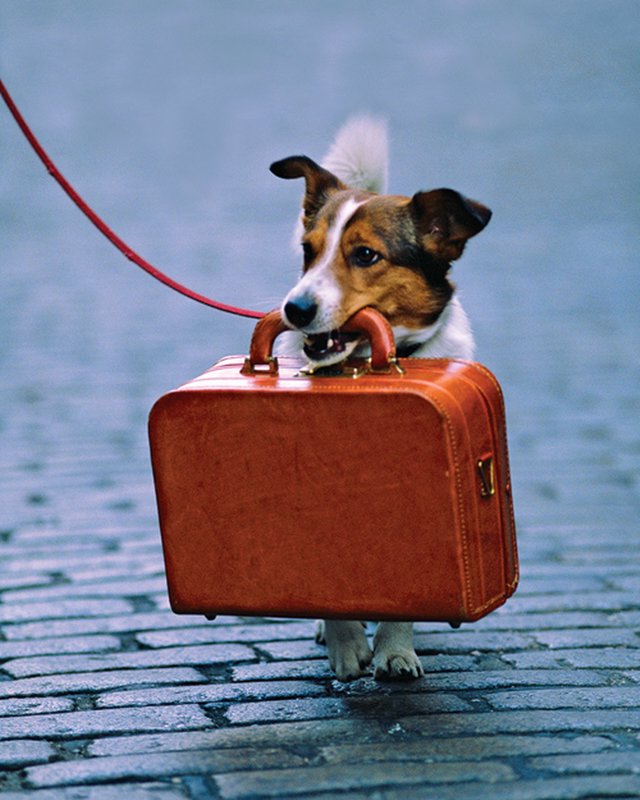
19 - Train Pets/Livestock for Travel:
On the same note, be sure to include pets and livestock in your evacuations and drills. The best way to do this is by starting with basic obedience training as appropriate for their species, then work your way up to crate training, muzzling, and so forth. If your pets understand that every few weeks they are put in their crate or trailer and taken for a ride with the family, they’ll be less likely to panic when wildfire threatens and you’ve got to load up and go.
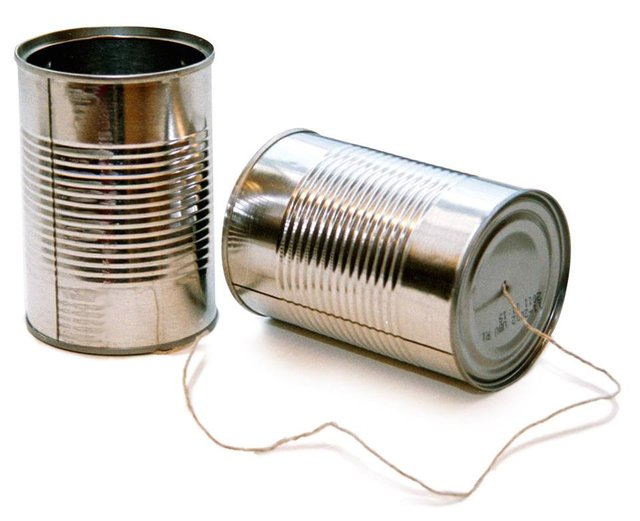
20 - Create a Communication Program:
Keep your “ICE” updated in all cell phones - Emergency responders will look for the ICE (In Case of Emergency) listing in your phone if you are involved in an accident. Put CB radios in each vehicle and possibly in your home or office. Get HAM radio training. Keep old cell phones charged - you won’t be making social calls, but a phone with no carrier service will still allow you to call 911.
Learn another language - this helps you communicate with other people if you live in an area where multiple languages are common, but it also helps you communicate privately with family members (especially if you choose a more obscure language) or even silently, if you learn American Sign Language.
Make sure you have an address and phone directory ON PAPER - Electronic devices are handy, but they can be lost, stolen, or destroyed. Very few people still bother to memorize phone numbers and addresses, so having a paper copy with your emergency documents is very important. It can even be stored in your emergency binder!
If you're concerned about the way things are headed and want to survive what's coming, then please Follow Me @survivalist.com For Daily Preparedness tips and training.